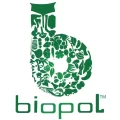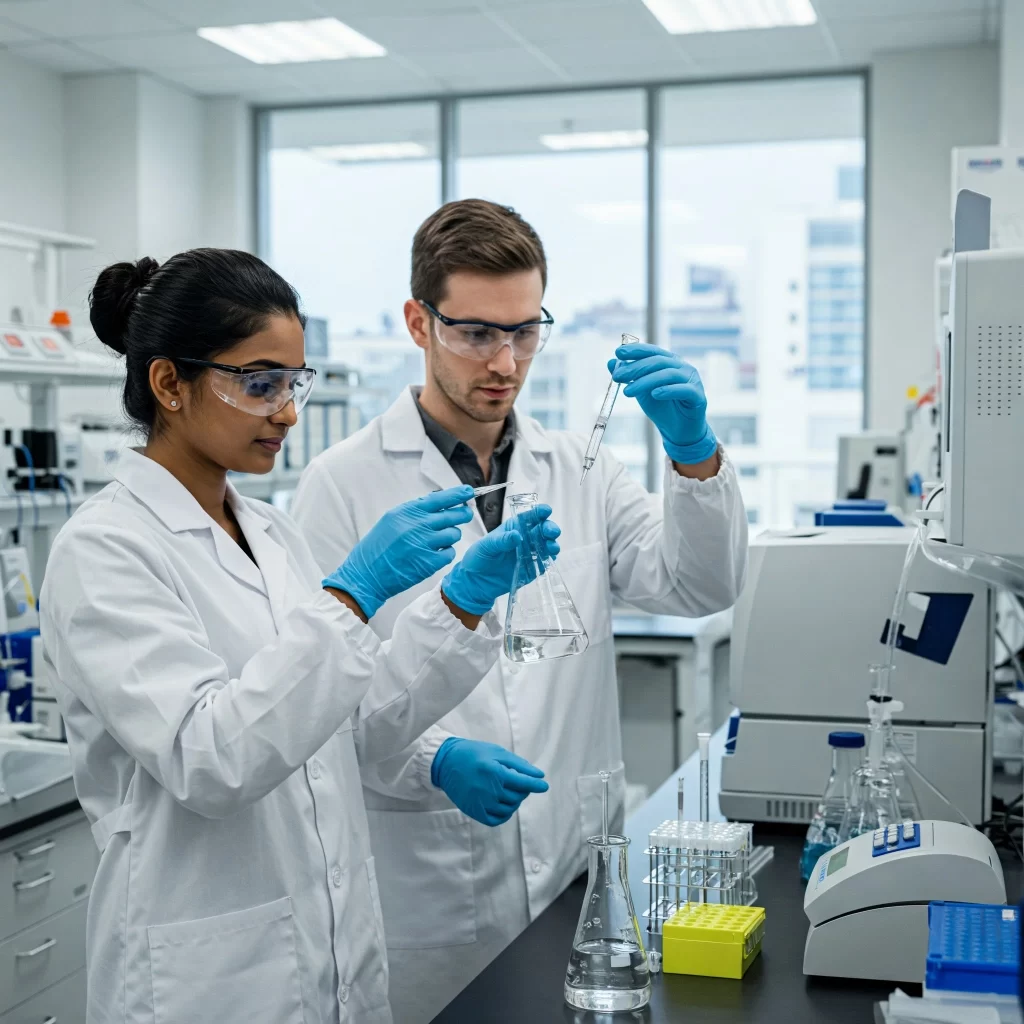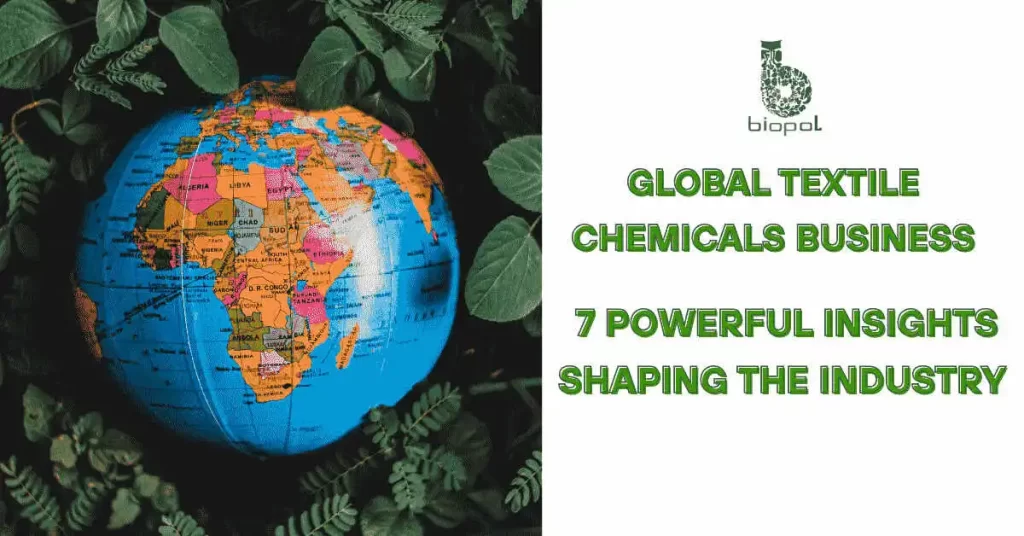Table of Contents
Textile Chemicals Manufacturers in Turkey
The textile chemicals manufacturers in Turkey represent a vital segment of the nation’s industrial output. Turkey’s established prominence within the textile manufacturing sector is significantly supported by the provision of specialized chemical solutions.
These chemicals are integral to the enhancement of fabric quality and the promotion of sustainable practices. They contribute to the attainment of desirable fabric characteristics, including color retention and structural integrity, while also addressing environmental considerations. The manufacturers within this domain supply essential components that maintain the standards of textile production.
Why Turkey is a Hub for Textile Chemical Manufacturing
What makes Turkey a key spot for making textile chemicals? Let’s break it down. Initially, they invested significant funds into discovering innovative and improved methods for producing these chemicals. This means they’re always coming up with products that work well. Next, they stick to strict rules about quality. This makes sure the chemicals they make are reliable and consistent. Moreover, they emphasize creating products in an environmentally sustainable manner. This matters a lot these days.
Finally, Turkey’s location is a big plus. Its right where lots of textile stuff gets shipped around the world. This facilitates the distribution of their chemicals to those who require them. So, between smart research, good quality, green practices, and a handy location, Turkey’s a real powerhouse in the textile chemical game.
Types of Textile Chemicals Produced in Turkey:
Dyeing Auxiliaries:
- Chemicals that aid in the dyeing process.
- They improve color fixation and uniformity.
Finishing Agents:
Chemicals that impart specific properties to fabrics.
Examples include wrinkle resistance and water repellency.
Washing Solutions:
Industrial-grade detergents and cleaning agents.
Formulated to clean textiles without causing damage.
Fabric Softeners:
Chemicals that enhance the softness and feel of textiles.
They contribute to a desirable fabric texture.
Leading Textile Chemical Suppliers in Turkey
When you look at the textile chemical scene in Turkey, some names stand out. You’ve got the homegrown heavyweights and the global giants playing a significant role. Let’s take a closer look:
Akkim:
Started back in 1977, these guys aren’t just textile focused. They’re a chemical powerhouse, serving many industries. But, they certainly provide textile related chemicals.
ORKIM Chemicals Inc.:
Think of them as the go-to shop for all sorts of chemical needs, especially for textiles. Plus, they’re the official dealers for BASF in western Turkey and Archroma in Anatolia and the west. That’s a serious stamp of approval.
SETAŞ Color Center:
Since 1966, they’ve been color masters. Dyes and chemicals aren’t just for fabric here; they handle paper, plastic, and metal too. A true multi purpose company.
Ilkim Kimya:
These folks know their chemicals. Specialists in trade and distribution, they’re a key player, particularly with textile auxiliaries.
Cosmo Kimya:
Relatively newer, since 2000, but they’ve made a big splash. They’re now a top name in textile auxiliary chemicals in Turkey.
Archroma:
A Swiss superstar, they’re all about color and specialty chemicals, with a big push for eco-friendly textile solutions.
Huntsman:
- A global giant. They are a major player in dyes, pigments and finishing agents.
These companies, both local and international, are the backbone of Turkey’s textile chemical industry. They drive innovation, supply quality products, and keep the industry moving forward.
Quality Standards and Certifications in Turkish Textile Chemicals
When it comes to the chemicals used in Turkish textiles, quality and safety are non-negotiable. It’s not just about making vibrant colors; it’s about doing it responsibly. So, what standards do these manufacturers follow?
OEKO-TEX:
This certification is a big deal. It means the textiles, and the chemicals used in them, are tested for harmful substances. Think of it as a safety seal of approval.
ZDHC (Zero Discharge of Hazardous Chemicals):
This initiative is all about cleaning up the textile supply chain. Manufacturers who adhere to ZDHC commit to eliminating hazardous chemicals. This is a must in today’s world.
REACH (Registration, Evaluation, Authorisation and Restriction of Chemicals):
A European Union regulation, REACH sets strict rules for chemical safety. Many Turkish manufacturers comply with REACH to access international markets. It’s a key to global trade.
ISO Standards:
Many Turkish companies use ISO standards as their quality certificate. This demonstrates a commitment to maintaining high levels of product quality and operational efficiency.
GRI (Global Reporting Initiative):
Some Turkish textile companies also adopt GRI sustainability standards. This shows a dedication to transparently reporting their environmental and social impact.
Certificate of Compliance with Turkish Standards (TSE):
This certificate indicates that a product adheres to both national and international TSE standards.
It affirms the product’s safety for consumers and its commitment to health protection.
Companies like Akkim undergo regular checks on their manufacturing, storage, and quality control.
These standards and certifications are how Turkish textile chemical manufacturers prove they are committed to quality, safety, and environmental responsibility. They’re not just making chemicals; they’re building trust. The information about these certifications and standards was gathered from Researchgate.
Choosing the Right Textile Chemical Manufacturer in Turkey
Picking the right partner for your textile chemical needs? It’s a big decision. You’re not just buying chemicals; you’re investing in a relationship. Here’s how to make a smart choice:
Experience Matters:
How long have they been in the game? A manufacturer with a solid track record likely has the know-how to handle your demands.
Do they have experience with your specific textile type?
Innovation is Key:
Are they just churning out the same old formulas, or are they pushing boundaries?
Look for manufacturers that invest in R&D and stay ahead of industry trends.
Sustainability Counts:
Do they walk the talk when it comes to eco-friendly practices?
Check for certifications like ZDHC and a commitment to reducing their environmental footprint.
Pricing and Value:
Of course, cost is a factor. But don’t just go for the cheapest option.
Consider the overall value: quality, reliability, and service.
Certification and Compliance:
Do they adhere to required ISO, TSE, and other regulatory standards?
Do they have OEKO-TEX certificate for the chemical products?
Customer Service and Support:
How responsive are they?
Do they offer technical support and assistance?
In essence, you’re looking for a manufacturer that’s not just a supplier, but a partner. One that understands your needs, shares your values, and helps you succeed.
How to Source Textile Chemicals from Turkey
Sourcing the right textile chemicals from Turkey can significantly boost your production quality and efficiency. But how do you navigate this market? It’s not just about finding a supplier; it’s about building a strategic partnership. Here’s a practical approach:
Digital Marketplaces: Your Starting Point:
Don’t just skim profiles. Dive deep. Analyze supplier history, product specifications, and customer feedback.
Platforms like Alibaba, TradeIndia, and Global Sources are excellent for initial research. They offer a vast network of Turkish suppliers.
Utilize advanced search filters to pinpoint suppliers that meet your precise needs.
Trade Shows: Face-to-Face Connections:
Attend events like the Istanbul Textile Exhibition. These are goldmines for networking.
Building personal relationships can lead to better deals and long-term partnerships.
Sourcing Agents: Your Local Experts:
Consider hiring sourcing agents. They can handle the legwork, from finding reliable suppliers to negotiating prices.
Look for agents with specialized knowledge in textile chemicals. Their expertise is invaluable.
Strategic Sourcing: Beyond the Basics:
Understand the Turkish market. Know the regulations, certifications, and quality standards.
Always verify supplier reputation. A solid track record is crucial.
Establish clear communication channels. Smooth transactions depend on it.
Leverage Turkey’s position as a Textile powerhouse. This allows for a great range of products and suppliers.
Reach out to Turkish industry associations. They can provide valuable insights and connections.
By combining digital tools, trade show networking, and expert sourcing, you can effectively tap into Turkey’s rich textile chemical market.
For further insights and potential sourcing options, resources like
Biopol Chemicals can provide additional information.
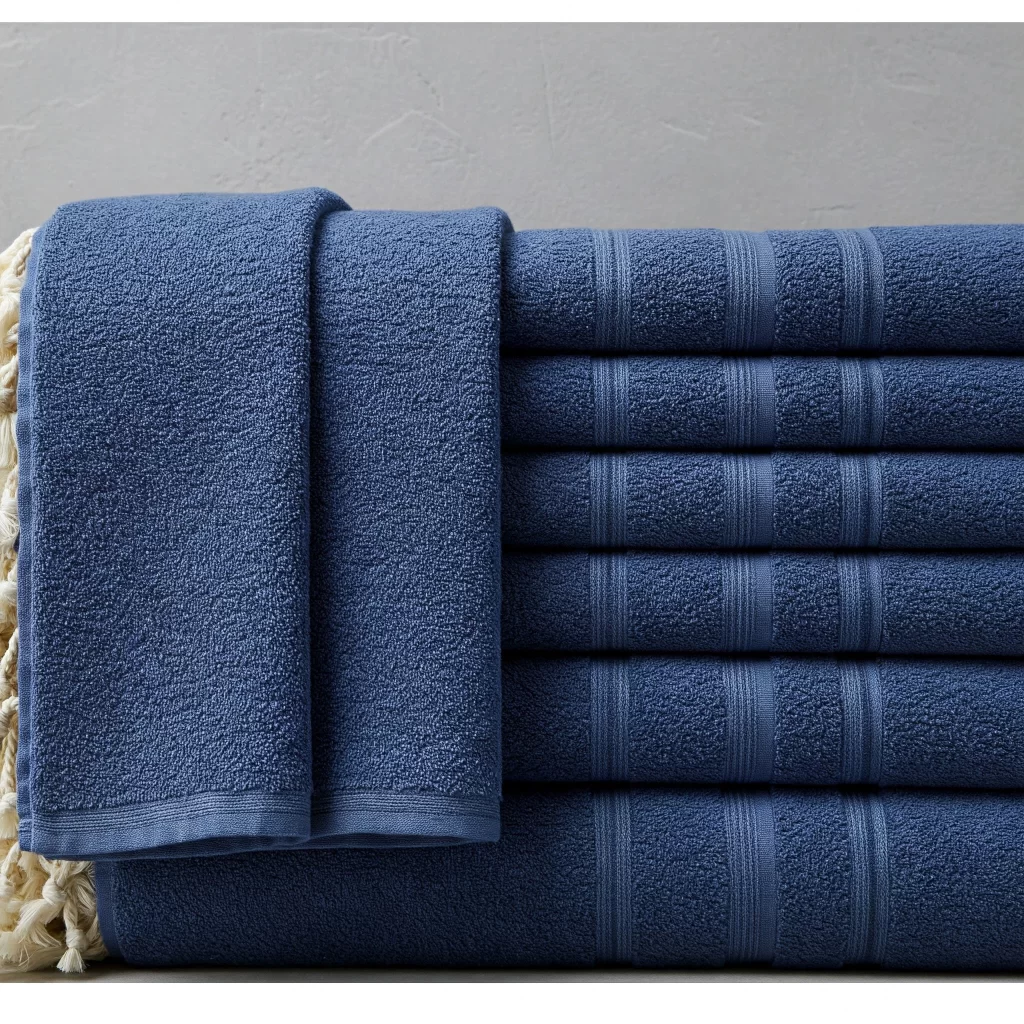
Future Trends in Turkey’s Textile Chemicals Sector
The Turkish textile market is on an upward trajectory, projected to grow at a CAGR of 4.85% from 2025 to 2033. This growth, fueled by Turkey’s rich textile heritage and competitive manufacturing, sets the stage for significant advancements in textile chemicals. What does the future hold?
Sustainable Chemicals: The New Standard:
Expect a surge in demand for eco-friendly alternatives. Manufacturers are increasingly investing in chemicals with lower environmental impacts.
This isn’t just a trend; it’s a necessity. Global regulations and consumer preferences are driving this change.
Biodegradable Solutions: Nature’s Way:
The focus is shifting towards chemicals that break down naturally. Biodegradable dyes and finishing agents are gaining traction.
This aligns with the industry’s push for a circular economy, reducing waste and pollution.
Digitalization in Production: Smart Factories:
Digital technologies are transforming textile chemical manufacturing. Expect increased automation, data analytics, and AI-driven processes.
This will lead to greater efficiency, precision, and real-time monitoring of chemical production.
Advanced Functional Chemicals:
Beyond color and softness, the future is about functionality. Chemicals that impart specialized properties, like antimicrobial or UV protection, will be in high demand.
This serves the growing market for technical textiles in industries like healthcare and sports.
Personalized Chemical Solutions:
With the rise of fast fashion and niche markets, expect manufacturers to offer more customized chemical solutions.
This means chemicals designed for specific fabric types and customer requirements.
Turkey’s textile chemical sector is poised for a dynamic future. Driven by growth and a commitment to innovation, manufacturers are embracing sustainability and digitalization to meet the evolving demands of the global market.
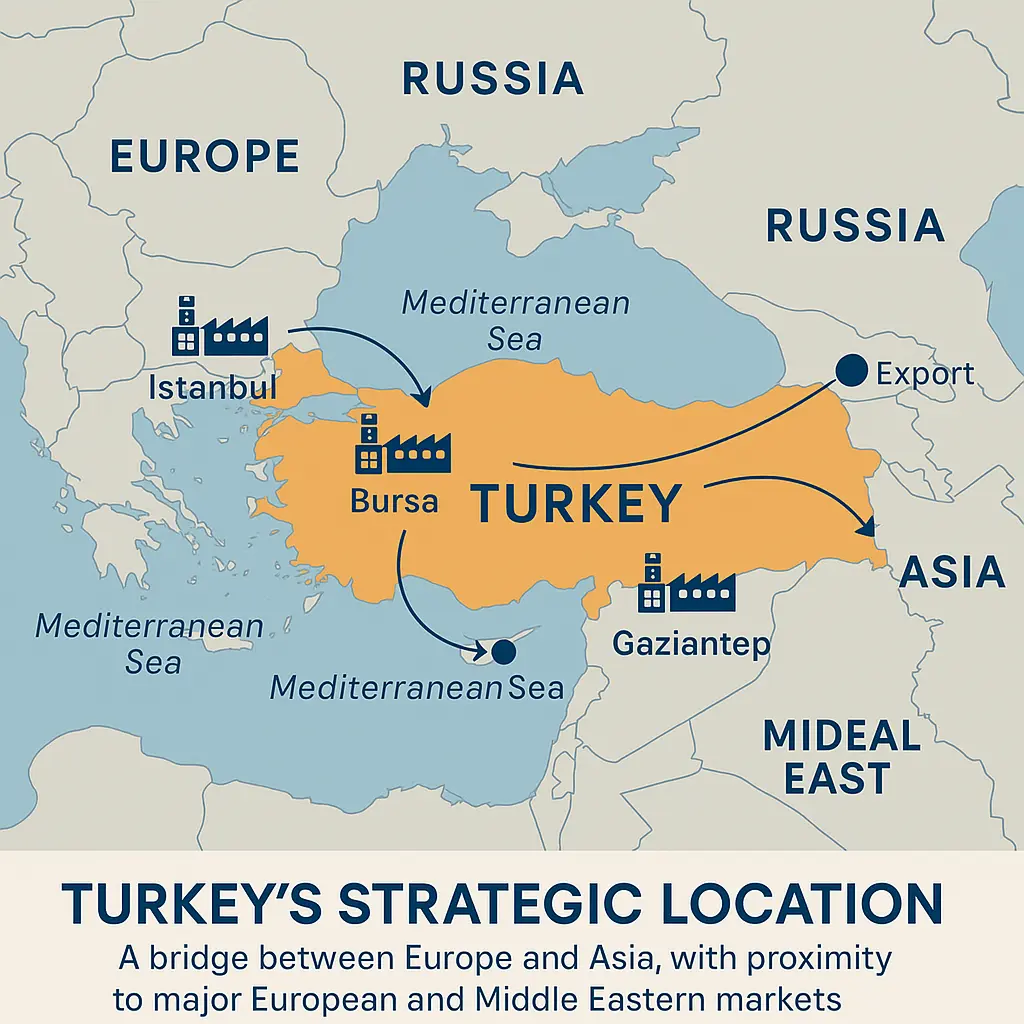
Turkey’s Prominent Textiles: A Rich Heritage
Turkey’s textile legacy is deeply rooted in a diverse range of materials, traditionally categorized into three primary groups: cotton, wool, and silk. This historical foundation, dating back to the Ottoman Empire’s era of extensive international trade, continues to influence Turkey’s textile industry today.
Cotton:
Historically sourced from India, cotton has long been a staple in Turkish textile production.
Today, Turkey is a significant cotton producer, known for its high-quality cotton textiles, including towels, bedding, and apparel.
Wool:
Wool, traditionally sourced from Europe, has also played a crucial role in Turkish textile history.
Turkish wool is used to produce carpets, kilims, and other traditional textiles.
Silk:
Unlike cotton and wool, silk production has a long and storied history within Turkey itself, particularly during the Ottoman period.
Turkey is renowned for its silk textiles, including luxurious fabrics and intricate designs.
Today, even though cotton production is much higher, the history of silk production is still very important to the culture of Turkey.
Turkey’s strategic location at the crossroads of Europe and Asia has facilitated the exchange of textile knowledge and materials, contributing to its rich and varied textile heritage.
Why Turkey is a Top Choice for Textile Chemicals
Bottom line? Turkey’s a top pick for textile chemicals. They’ve got the quality, the innovation, and the sustainability. The presence of numerous GOTS certifications indicates a strong commitment to sustainability. If you are looking to elevate your textile production, consider exploring opportunities in Turkey. Their offerings are certainly worth your attention.
